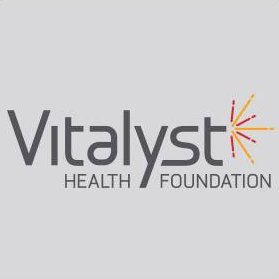Each Spring the American Public Health Association celebrates National Public Health Week. We’re joining them locally by highlighting some of the work being done by our Organizational Members that focus on some of the areas related to this year’s theme: Protecting, Connecting and Thriving: We Are All Public Health
Public health is more than just health care. It’s the steps we take to make sure our neighborhoods and environment are free from pollution. It’s making sure our food and water are safe to eat and drink.
It’s also the relationships we foster in our communities. We’re all interconnected. When we all come together to support public health, all of us — individuals, families, communities, and the public health field — can achieve the goals of public health.
Theme 1: Civic Engagement
“Civic health” refers to the civic, social, and political strength of a community. It includes civic engagement and reflects the community’s ability to unify to resolve problems. “Civic engagement” refers to the extent to which individuals and groups involve themselves in efforts to edify their community.
Since its founding, AZPHA Organizational Member, the The Vitalyst Health Foundation has connected, supported, and informed efforts that strengthen civic health. Volunteerism has been a key mission from the start, stemming from the robust groups of volunteers who provided charity care and helped at the hospitals.
As the foundation’s brand has evolved, so has its approach to strengthening civic health. Vitalyst has:
- connected residents through Arizona Town Hall for effective deliberations and consensus building;
- supported Arizona Gives Day, which inspires charitable giving and more donations to local nonprofits;
- supported place-based community development through the Live Well AZ Incubator; and
- informed legislation and public policy, and nonpartisan awareness building. These efforts represent opportunities for the community to engage in civic life toward the common good. They are examples of activities that build social and cultural cohesion, and ultimately civic health.
Civic participation improves civic health, increases the social connectedness of communities, gives participants a sense of belonging, and connects them to the people and resources they need to thrive.
Civic engagement includes full access to voting, which requires fair and inclusive voting systems. In a healthy democracy, inclusive voting systems end inequities in voter registration and voting turnout. Fair and inclusive voting means policies are in place to assure that everyone who is eligible to vote can register and vote.
